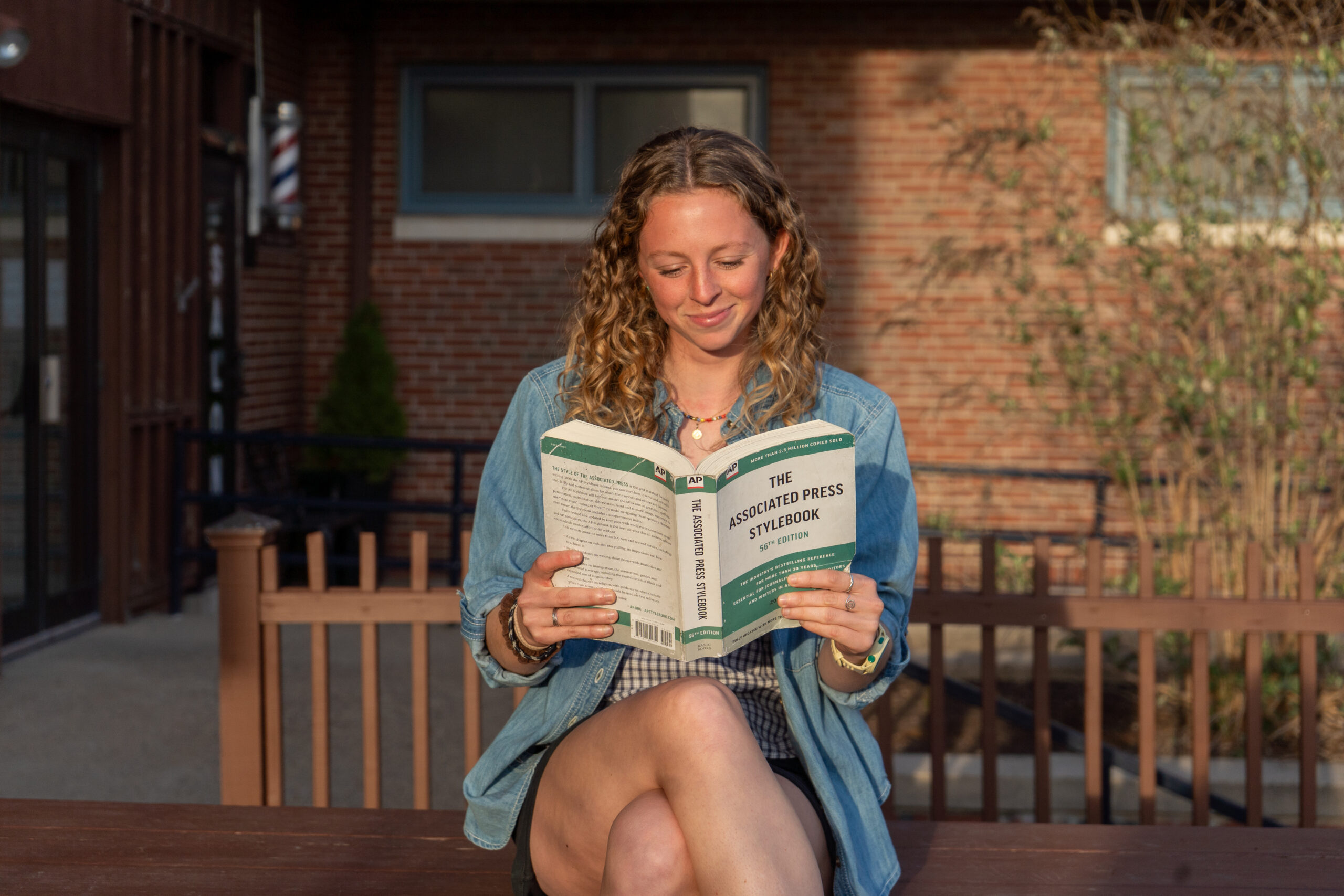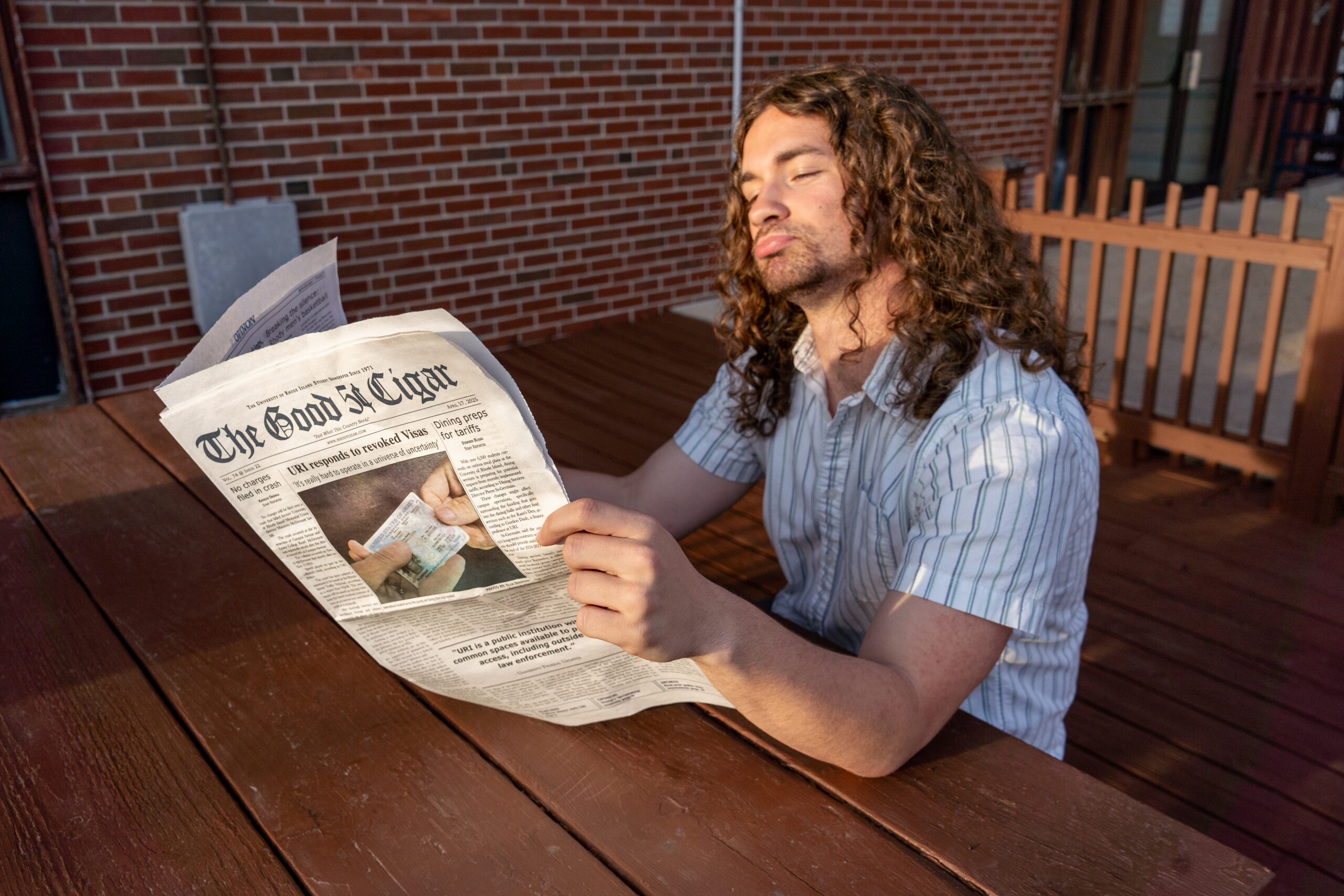An incredibly embarrassing thing about me is that I absolutely love the idea of conspiracy theories. I don’t know what it is about them, but I find them to be fascinating. I (obviously) don’t believe, like, any of them, but I’ll listen to most of them. If someone really cares enough to put the time in to make a 25-minute video about how Avril Lavigne was replaced by a clone, I’ll respect the dedication and watch half of it (okay, maybe all of it).
Some conspiracy theories are pretty trippy. One that I see a lot is the idea that we’re living in a simulation á la “The Matrix.” I don’t think that we are, but you better believe that when I’m deep into a YouTube spiral at 2 a.m. watching Shane Dawson videos I get pretty freaked out.
There are the things that aren’t really conspiracy theories, but are in the same realm, like the mystery of D.B. Cooper. Then there are the classics, like Area 51 and a UFO crash in Roswell, New Mexico. There are the super complicated ones, such as the one about Project Pegasus, which is one of my personal favorites. The theory is that in the 1960s and 1970s the government was running a top-secret program that successfully experimented with time travel and teleportation. Obviously not true, but super interesting to learn about.
For the most part, conspiracy theories are harmless. Nobody’s going to go to war over whether or not the moon landing was staged or if the earth is flat or spherical (disclaimer: I think that both of these theories are stupid). Some are, honestly, plausible. For example, I definitely believe in aliens and I think that it’s very likely that there was more than one gunman when JFK was assassinated. If you’re interested in hearing more about that second one, I highly recommend the ‘Buzzfeed Unsolved’ episode about it. Very informative.
But then there are the conspiracy theories that aren’t harmless. There have been a lot of conspiracy theories within the last few years that have incited violence, racism and hatred. There have been theories that villainize grieving families, that actively try to delegitimize elected officials, that encourage violence based on falsehoods.
These hurt people, deeply, and that’s not okay. The real danger, though, is when they’re no longer seen as conspiracy theories and instead as the truth, even if not by everybody. With the lack of trust in traditional news outlets that we’ve been seeing in the last several years, people have been turning to other outlets for their information. That’s not an inherently bad thing, but it becomes a problem when those sources are promoting conspiracies and other ideas without factual evidence to back it up. Which, ironically, is the same thing that traditional media outlets are often accused of.
Conspiracy theories can be fun, and a lot of them are ultimately harmless. It’s ones that aren’t that you have to watch out for. The tricky thing is, it’s becoming harder and harder to tell what’s the truth and what’s not.



